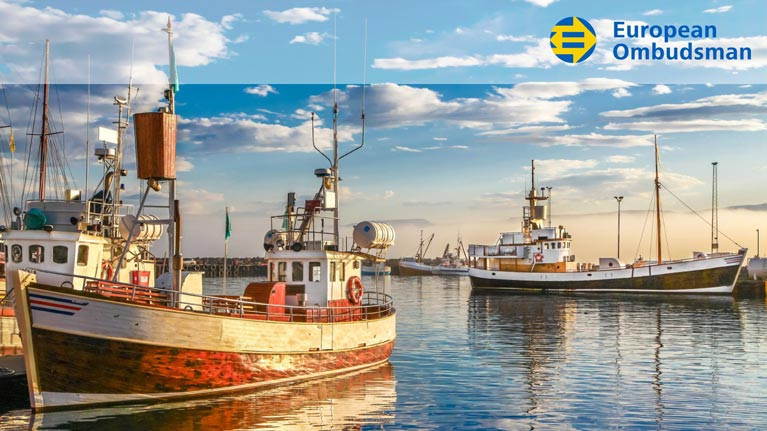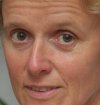EU Ombudsman Emily O’Reilly has expressed “regret” that EU fisheries ministers failed to adopt her office’s demand for more transparency in dealing out annual catches and quotas in EU waters.
Ms O’Reilly’s comments follow the EU Council’s refusal to accept a recommendation by her office for greater transparency in the lead up to the annual catch and quota negotiations under the Common Fisheries Policy (CFP).
Ms O’Reilly has confirmed her finding of “maladministration” against the EU Council and has expressed disappointment that the council had failed to respond positively.
“It suggests the Council has failed fully to grasp the critical link between democracy and the transparency of decision-making regarding matters that have a significant impact on the wider public,” Ms O’Reilly said.
“ This is all the more important when the decision-making relates to the protection of the environment,” she said.
“The Council’s position appears to be that a key democratic standard - legislative transparency - must be sacrificed for what it considers to be the greater good of achieving a consensus on a political issue,” she said.
We regret that @EUCouncil has not followed our recommendation to improve #transparency of how Fisheries Ministers decide on annual fishing quotas.
— European Ombudsman (@EUombudsman) May 4, 2020
The inquiry was based on a complaint, which argued that publishing key documents is in the public interest.https://t.co/3nRneUKEky pic.twitter.com/nEN6rVNThk
Late last year, the EU Ombudsman’s office said that the EU Council should “proactively” release documents on annual fishing quota negotiations into the public domain.
The documents should be made public at the same time as they are circulated to member states, or “as soon as possible thereafter” to “promote greater transparency of environmental information”, it noted.
The recommendation followed a complaint by non-profit environmental law organisation ClientEarth, which has offices in London, Brussels, Warsaw, Berlin and Beijing.
The EU Ombudsman investigation was opened last May after the lawyers’ organisation raised the issue of “many years of unexplained fishing quotas, set above the scientific advice for the recovery and long-term sustainability of fish populations”.
The finding in favour of the complainant took the view that since the documents in question are “legislative documents” and contain environmental information , “wider and more timely access should be granted”.
The investigation also considered the documents to “contain environmental information within the meaning of the Aarhus Regulation” on access to information, public participation and access to justice in environmental matters.
It noted that complainant ClientEarth was concerned that not only did the EU’s fisheries council fail to “provide timely access to legislative documents”, but also “has in place an incomplete and unsatisfactory register of documents”.
In its defence, the EU Council argued that proactively releasing documentation could “seriously undermine” decision-making by ministers at the annual December negotiations.
It argued that it could “delay the successful outcome of Council deliberations, as member states need to balance different interests at stake for more than a hundred fish stocks in preparing their initial positions”.
It said that it could expose the Council to “external pressure” as “the context in which the negotiations take place is highly politicised and subject to external attention”.
It said it would also “require a comprehensive case-by-case assessment of the individual information ....to verify whether or not exceptions laid down in the EU rules on access to documents prevent such a disclosure” and would require consultation with “relevant participants”.
ClientEarth environmental democracy lawyer Anne Friel welcomed the EU Ombudsman ‘s “stance against the Council’s lack of transparency”.
“But we regret that despite taking crucial decisions for the future of our planet, the Council of the EU still refuses to open its decision-making to public scrutiny, dubiously claiming that it would delay or influence the process,” Ms Friel said.
“Every year, some member states push for fishing catch limits above scientific advice, undermining the sustainability of our ocean and fisheries sector without being held accountable. As a result, the EU has failed to meet the 2020 deadline to end overfishing,” she noted.































































